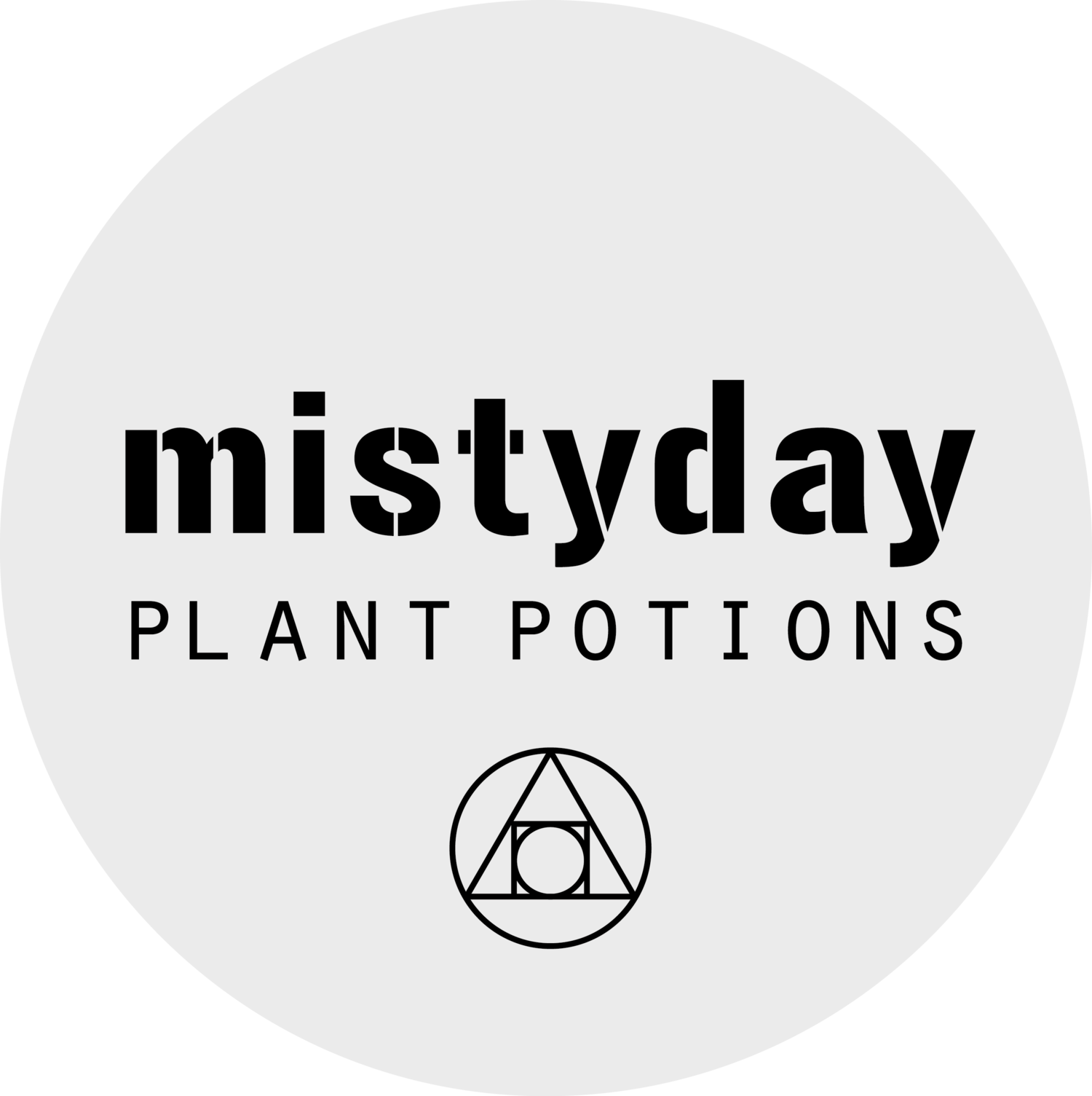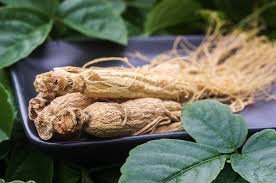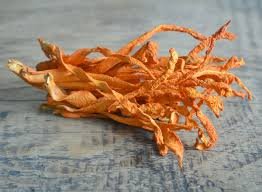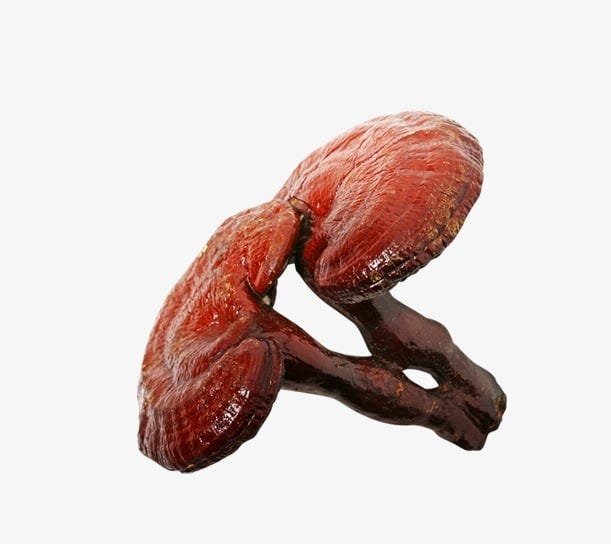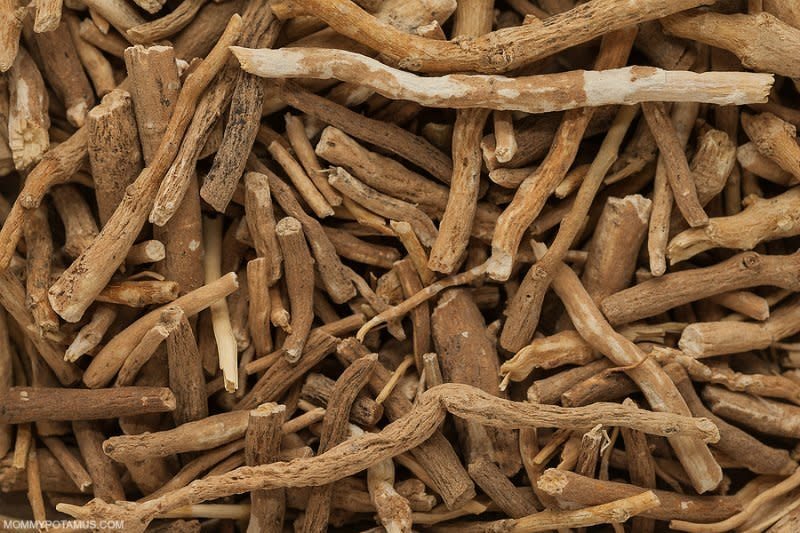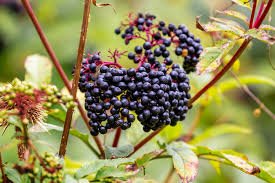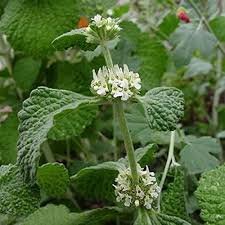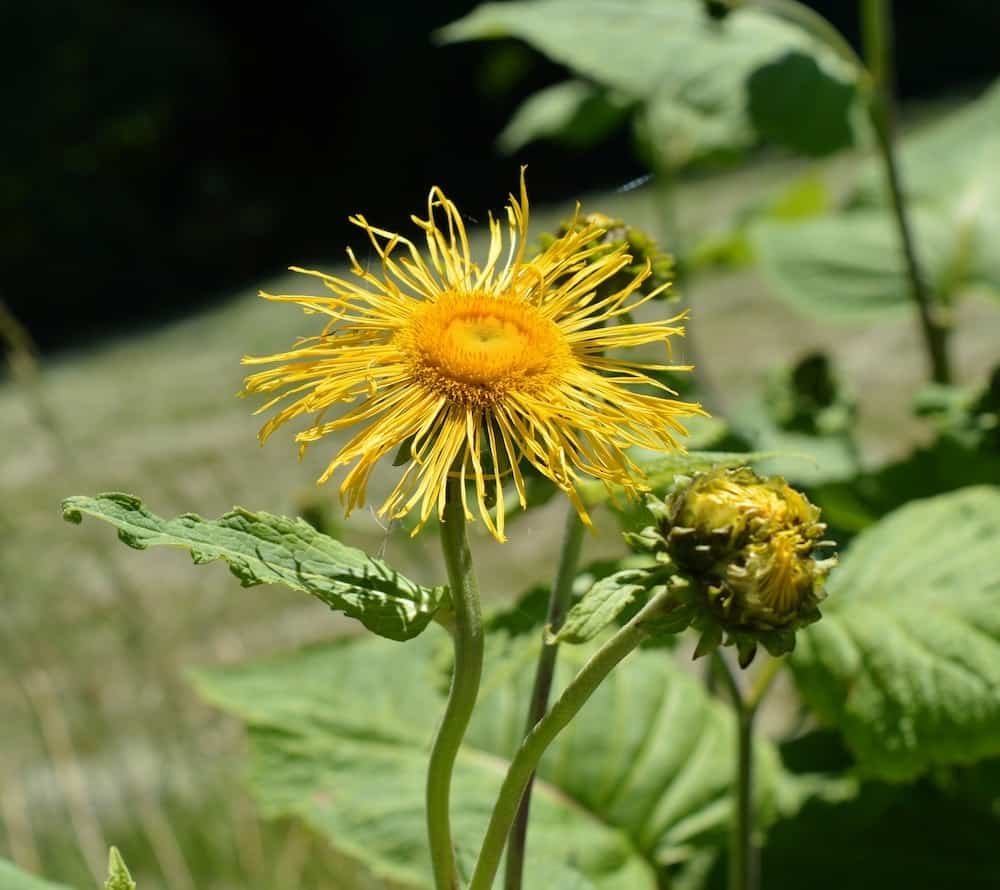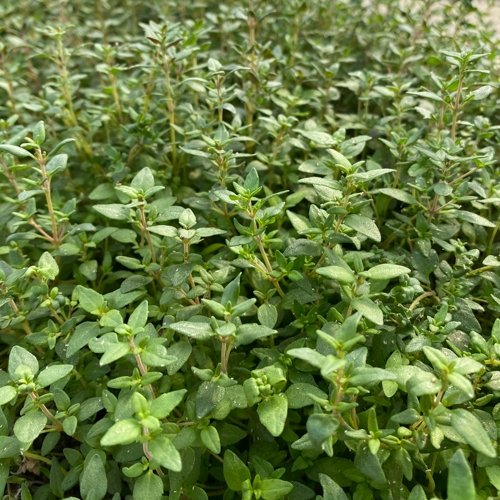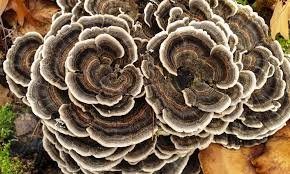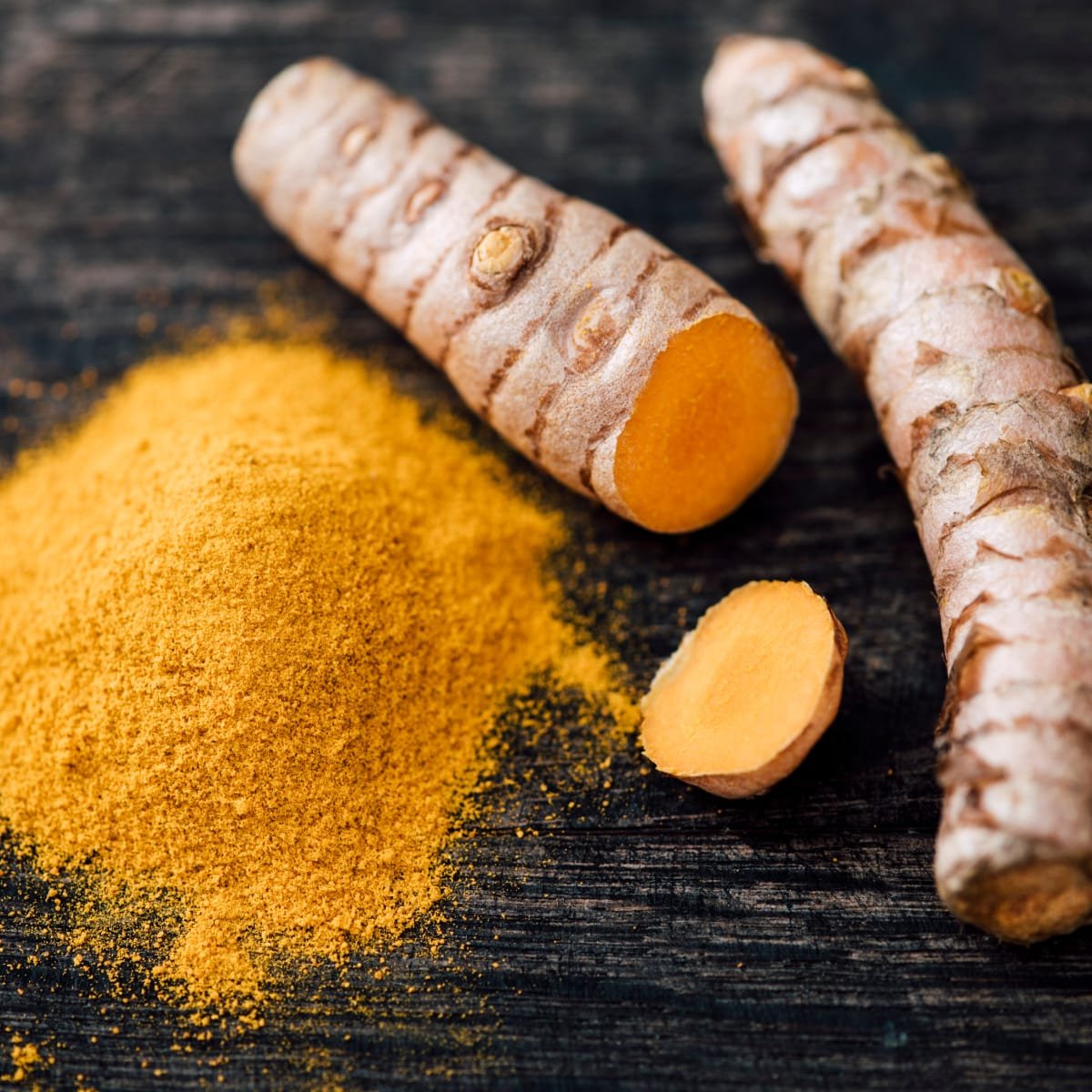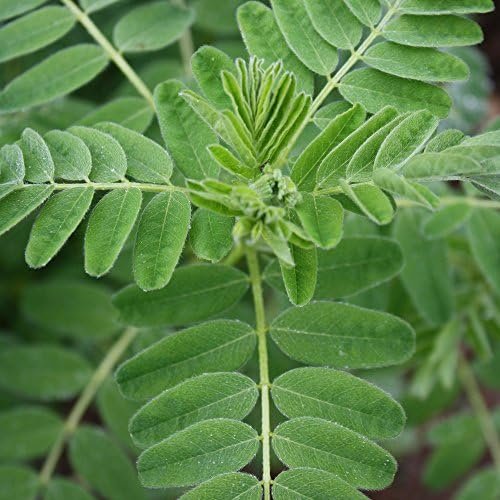HErbs For Keeping Well Over Winter
As the winter season unfolds, it's not just the frosty landscapes and cozy firesides that arrive with it, but also the unwelcome wave of seasonal illnesses. Colds, flus, and respiratory ailments become our uninvited guests, nudging us to seek out prevention, relief and recovery aids. For those of us who lean towards the nature, herbs emerge as powerful allies in this seasonal struggle.
HERBS AND SHROOMS TO keep you well
In the quest to bolster our immune system against the rigors of winter, medicinal mushrooms and adaptogens play a pivotal role, revealing the intricate dance between nature and our body's innate defenses. Medicinal mushrooms, such as reishi (Ganoderma lucidum) and cordyceps (Cordyceps militaris), are renowned for their ability to modulate the immune system. They achieve this through bioactive compounds like beta-glucans, which have been shown to stimulate the activity of macrophages, a type of white blood cell that engulfs and digests cellular debris and pathogens. This stimulation not only enhances the body’s innate immune response but also supports the adaptive immune system, tailoring the body’s defense mechanism to specific threats. This means it helps your immune system to recognise any pathogens so it can activate ta quick response next time that bug appears.
Adaptogens, a unique class of herbs, including ashwagandha (Withania somnifera), eleuthero (Eleutherococcus senticosus), and the aforementioned medicinal mushrooms like cordyceps and reishi have been studied for their ability to modulate the immune system. They assist in balancing the hypothalamic-pituitary-adrenal (HPA) axis, which controls numerous body processes, including stress response, digestive function, and immune system response. By modulating stress levels, adaptogens indirectly support immune function, as chronic stress can suppress the immune response. Ashwagandha, for instance, has been shown to increase the production of lymphocytes, cells that are integral to the immune system's ability to fight off pathogens. Eleuthero enhances immune function by increasing the activity and numbers of natural killer cells, which play a critical role in the destruction of virus-infected cells.
Furthermore, although not a herb, the role of probiotics in immune health cannot be overstated. These beneficial bacteria, found in fermented foods and supplements, contribute to the health and integrity of the gut barrier, which acts as a first line of defense against pathogens. By maintaining a balanced gut microbiota, probiotics help to prevent the colonization of harmful bacteria and stimulate the production of natural antibodies. They also influence the activity of T cells, which are essential for adaptive immunity, helping the body to remember and more effectively respond to pathogens it has encountered previously. Specific strains of probiotics have been associated with enhanced production of cytokines, signaling proteins that are key regulators in the immune system, thus providing a multi-faceted approach to boosting immune health.
HERBS TO USE FOR TREATMENT WHEN YOU ARE UNWELL
If you do succumb to the dreaded lurgie, then these are the herbs that I usually have on high rotation. Thyme (Thymus vulgaris) shines with its antiseptic properties, thanks to the presence of thymol, which acts as a formidable opponent against respiratory infections by loosening phlegm and easing coughs. White horehound (Marrubium vulgare) follows suit with its expectorant qualities, providing relief for bronchial issues and calming irritated mucous membranes.
Elecampane (Inula helenium) targets deeper respiratory troubles with its inulin and alantolactone content, offering expectorant benefits that help clear the lungs of chesty coughs, while its antimicrobial properties combat pathogens. Yarrow (Achillea millefolium) contributes its fever-fighting abilities, encouraging the body to sweat and thus reduce fevers through its vasodilatory action.
Elderberry (Sambucus nigra) and Echinacea (Echinacea spp.) are often lauded for their immune-enhancing prowess, but they also play crucial roles in symptom treatment. Elderberry’s antiviral effects help curb the spread of viruses, lessening symptom duration, while echinacea stimulates white blood cell function for a more robust pathogen defense.
Ginger (Zingiber officinale) offers a warming remedy with its anti-inflammatory and antimicrobial benefits, targeting nausea and boosting the immune response. Apple cider vinegar, known for its acetic acid, serves as a traditional tonic for sore throats and congestion, potentially creating an unfavorable environment for pathogens.
Introducing garlic (Allium sativum) into this herbal ensemble adds another layer of defense with its well-documented antimicrobial and immune-boosting properties. Garlic’s allicin compound is a potent antioxidant that fights infection and enhances immune function, making it an invaluable ally in combating cold and flu symptoms.
Reishi also has a part to play here as reishi is known to reduce excess mucus, dampen down congestion and has potent anti-inflammatory actions.
Together, these herbs offer a multi-faceted approach to treating the symptoms of illness, combining their unique properties—antimicrobial, expectorant, anti-inflammatory, and immune-modulating—to create a comprehensive natural treatment strategy. If you cant access any of these herbs, a basic hot drink with lemon, apple cider vinegar, garlic, ginger and some honey works a treat to provide symptomatic relief!
HERBS TO AID RECOVERY FROM ILLNESS
In the critical phase of convalescence following illness, leveraging the therapeutic prowess of specific herbs can markedly expedite the body's return to optimal health. Astragalus (Astragalus membranaceus) is central to this herbal arsenal, celebrated for its capacity to boost the immune system and enhance vitality. It achieves this through several bioactive mechanisms, including the stimulation of macrophages and the activation of telomerase, thereby bolstering cell-mediated immunity and aiding in cellular regeneration and repair. This adaptogenic herb is instrumental in reducing the body’s stress response and facilitating immune cell activation, essential for effective recovery.
Reishi (Ganoderma lucidum), with its polysaccharides and triterpenoids, offers significant immune-modulating effects, increasing the efficiency of natural killer cells and dendritic cells—key players in the body's defense mechanism. Its adaptogenic properties also play a crucial role in diminishing post-illness fatigue and stabilizing the body’s stress mechanisms, promoting a smoother and quicker recovery process.
Turmeric (Curcuma longa) and Turkey Tail mushroom (Trametes versicolor) add depth to this healing palette with their unique bioactive compounds. Turmeric's curcumin boasts potent anti-inflammatory and antioxidant properties that address oxidative stress and residual inflammation from illness, speeding the healing process. It also promotes detoxification, enhancing the body's natural repair functions. Turkey Tail is rich in polysaccharopeptides, which modulate immune cell activity and cytokine production, thus supporting immune recovery and energy rejuvenation after illness.
Olive leaf (Olea europaea) emerges as another vital component in recovery, primarily through oleuropein, its key active constituent. Oleuropein is renowned for its antioxidant, anti-inflammatory, and antimicrobial properties, which collectively aid in fighting residual pathogens and reducing inflammation, thereby facilitating recovery. Moreover, olive leaf has been shown to enhance the immune system's efficacy by increasing phagocytic activity and the production of nitric oxide in macrophages, further supporting the body’s natural healing processes. Some people disregard Olive for aiding recovery but I for one, use it regularly for recovery from illness.
These herbs, with their diverse and synergistic actions—ranging from immune enhancement and anti-inflammatory effects to support for cellular repair and energy restoration—offer a comprehensive approach to post-illness recovery. Their scientific validation underscores their significant role in nurturing the body back to a state of health and resilience, making them indispensable allies in the journey toward complete recuperation.
